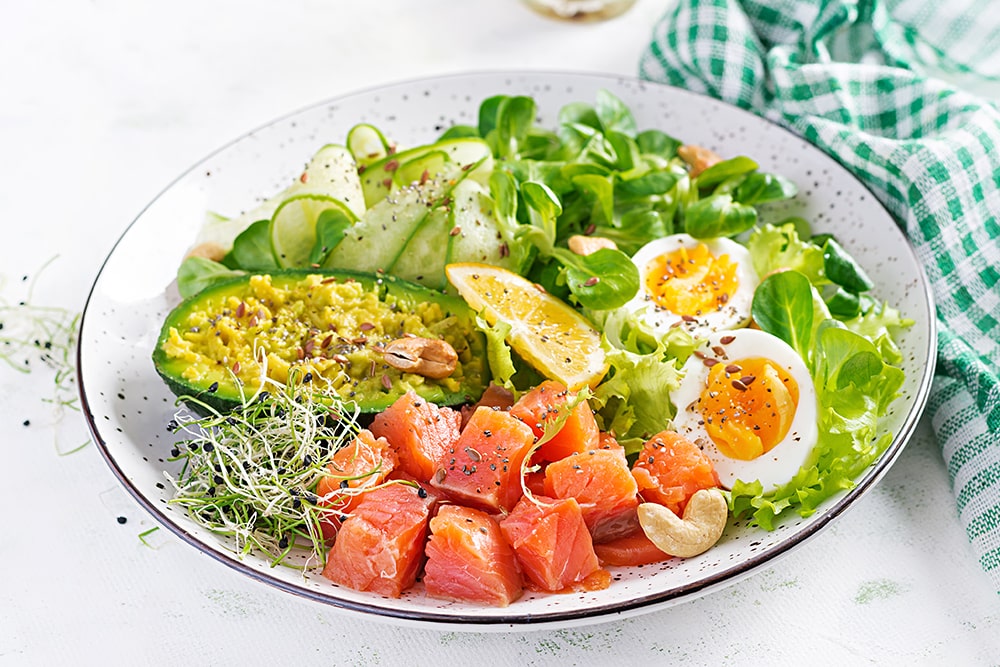Introduction
Translated from the Greek, “Nutritiology” means the teaching (“logos”) about nutrition (“nutricio”).
Nutriciology studies the components of food that enter the body with human nutrition. The science originated at the intersection of dietetics, biochemistry, pharmacognosy and food hygiene.
The cells of the body assimilate and digest the nutrients from food.
In the gastrointestinal tract, the absorption of substances necessary for the body takes place, but it was not quite clear before what biochemical reactions occur, what elements the food in the stomach breaks down into, and how this helps the life and growth of cells.
This industry nowadays
Now these issues are under the close attention of nutritionists A nutritionist studies the composition and quality of food, the biochemical processes in the body during the metabolism of food and the competent preparation of a diet for human needs. The food we eat directly affects our vital activity, well-being and quality of life. Now healthy food is very popular and anyone knows that you need to give up junk food. But few people know what to add to the diet, except for pure cereals, vegetables and protein
Scientific research
Translated from the Greek, “Nutritiology” means the teaching (“logos”) about nutrition (“nutricio”).
Nutriciology studies the components of food that enter the body with human nutrition. The science originated at the intersection of dietetics, biochemistry, pharmacognosy and food hygiene.
The cells of the body assimilate and digest the nutrients from food.
In the gastrointestinal tract, the absorption of substances necessary for the body takes place, but it was not quite clear before what biochemical reactions occur, what elements the food in the stomach breaks down into, and how this helps the life and growth of cells.
Difference between dietetics and nutritiology
Now these issues are under the close attention of nutritionists A nutritionist studies the composition and quality of food, the biochemical processes in the body during the metabolism of food and the competent preparation of a diet for human needs. The food we eat directly affects our vital activity, well-being and quality of life. Now healthy food is very popular and anyone knows that you need to give up junk food. But few people know what to add to the diet, except for pure cereals, vegetables and protein
Key Benefits
Translated from the Greek, “Nutritiology” means the teaching (“logos”) about nutrition (“nutricio”).
Nutriciology studies the components of food that enter the body with human nutrition. The science originated at the intersection of dietetics, biochemistry, pharmacognosy and food hygiene.
The cells of the body assimilate and digest the nutrients from food.
In the gastrointestinal tract, the absorption of substances necessary for the body takes place, but it was not quite clear before what biochemical reactions occur, what elements the food in the stomach breaks down into, and how this helps the life and growth of cells.
Nutritional knowledge in simple terms
Now these issues are under the close attention of nutritionists A nutritionist studies the composition and quality of food, the biochemical processes in the body during the metabolism of food and the competent preparation of a diet for human needs. The food we eat directly affects our vital activity, well-being and quality of life. Now healthy food is very popular and anyone knows that you need to give up junk food. But few people know what to add to the diet, except for pure cereals, vegetables and protein
Introduction1
Translated from the Greek, “Nutritiology” means the teaching (“logos”) about nutrition (“nutricio”).
Nutriciology studies the components of food that enter the body with human nutrition. The science originated at the intersection of dietetics, biochemistry, pharmacognosy and food hygiene.
The cells of the body assimilate and digest the nutrients from food.
In the gastrointestinal tract, the absorption of substances necessary for the body takes place, but it was not quite clear before what biochemical reactions occur, what elements the food in the stomach breaks down into, and how this helps the life and growth of cells.
This industry nowadays1
Now these issues are under the close attention of nutritionists A nutritionist studies the composition and quality of food, the biochemical processes in the body during the metabolism of food and the competent preparation of a diet for human needs. The food we eat directly affects our vital activity, well-being and quality of life. Now healthy food is very popular and anyone knows that you need to give up junk food. But few people know what to add to the diet, except for pure cereals, vegetables and protein
Scientific research1
Translated from the Greek, “Nutritiology” means the teaching (“logos”) about nutrition (“nutricio”).
Nutriciology studies the components of food that enter the body with human nutrition. The science originated at the intersection of dietetics, biochemistry, pharmacognosy and food hygiene.
The cells of the body assimilate and digest the nutrients from food.
In the gastrointestinal tract, the absorption of substances necessary for the body takes place, but it was not quite clear before what biochemical reactions occur, what elements the food in the stomach breaks down into, and how this helps the life and growth of cells.
Difference between dietetics and nutritiology1
Now these issues are under the close attention of nutritionists A nutritionist studies the composition and quality of food, the biochemical processes in the body during the metabolism of food and the competent preparation of a diet for human needs. The food we eat directly affects our vital activity, well-being and quality of life. Now healthy food is very popular and anyone knows that you need to give up junk food. But few people know what to add to the diet, except for pure cereals, vegetables and protein
Key Benefits1
Translated from the Greek, “Nutritiology” means the teaching (“logos”) about nutrition (“nutricio”).
Nutriciology studies the components of food that enter the body with human nutrition. The science originated at the intersection of dietetics, biochemistry, pharmacognosy and food hygiene.
The cells of the body assimilate and digest the nutrients from food.
In the gastrointestinal tract, the absorption of substances necessary for the body takes place, but it was not quite clear before what biochemical reactions occur, what elements the food in the stomach breaks down into, and how this helps the life and growth of cells.
Nutritional knowledge in simple terms1
Now these issues are under the close attention of nutritionists A nutritionist studies the composition and quality of food, the biochemical processes in the body during the metabolism of food and the competent preparation of a diet for human needs. The food we eat directly affects our vital activity, well-being and quality of life. Now healthy food is very popular and anyone knows that you need to give up junk food. But few people know what to add to the diet, except for pure cereals, vegetables and protein

